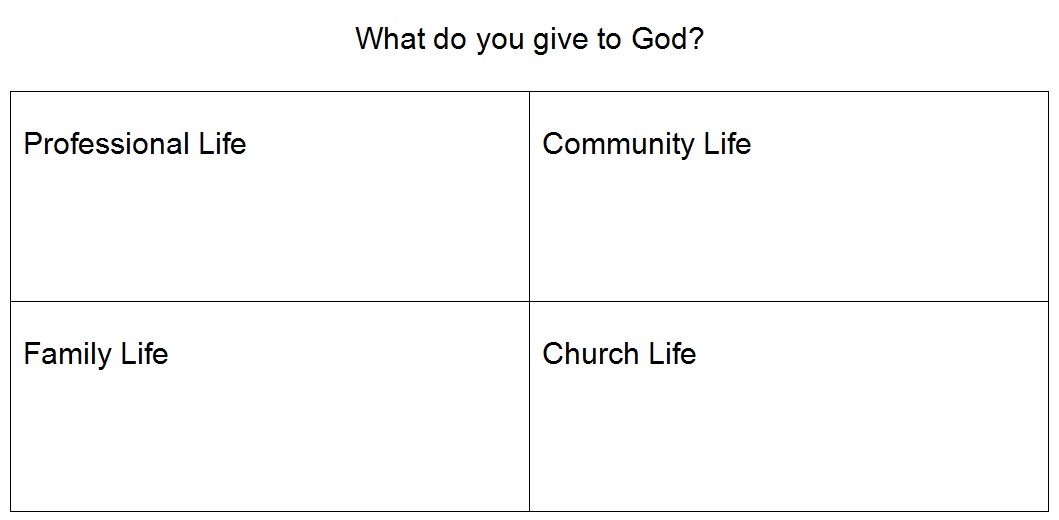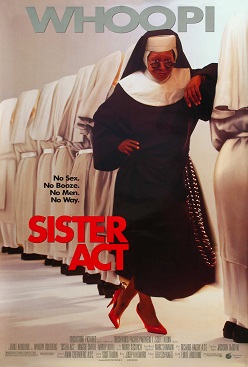
Our congregation is gearing up for its 75th anniversary next year. We will be celebrating a great past full of wonderful people, missions and ministries. I think its only fitting to also mention our parents and look into our family tree:
St. John’s United Church of Christ was born out of a vision form our mother church Friedens UCC in Beasley. They provided the original staff and energy. Friedens UCC was 29 years old when they gave birth to little St. John’s. That is a good age to become a parent – well established yet young and energetic enough to dare new adventures. As you can tell by their German first name they had their roots across the Atlantic. I am speculating here but it might well be that the original Friedens people came from the Braunfels area in Hessen where a lot of people in our region originated from. It stands to reason that they came out of the Schlosskirche in Braunfels, Germany. That church was built in the 16th century as a church used by both Protestants and Catholics simultaneously.
Going back only two church generations we made it across an ocean and a language barrier. Our church family tree is full of risk-takers and adventurers. On the occasion of the church’s birthday we are reminded that we are not autonomous but that we are part of a long and proud lineage. We can celebrate our ancestors all the way back to the day of Pentecost. That was when in Jerusalem the disciples received the Holy Spirit in order to live as the Body of Christ. Pentecost is often called the birthday of the church. Without Jesus physically around his friends now had to deal with one another and with the world “only” with the guidance of the Holy Spirit. And when we “do church” here today we can only do that because people have dared to allow the Spirit of God to move them into new and unexpected places.

Our ancestors have been taking risks, tearing down tradition, starting over in life and faith. That has been our church family’s tradition. As we are gearing up for our anniversary we need not only look at the past 75 years but also dare ask the big questions:
What does God want St. John’s to look like 75 year from now?
And what can we do to make room for that Spirit right here right now?
Come Holy Spirit! Come!


 Luckily we in the United Church of Christ hold on to the concept of the denominational church. We share a common denominator, a shared family name for all our more than 5000 congregations: United Church of Christ.
Luckily we in the United Church of Christ hold on to the concept of the denominational church. We share a common denominator, a shared family name for all our more than 5000 congregations: United Church of Christ.

